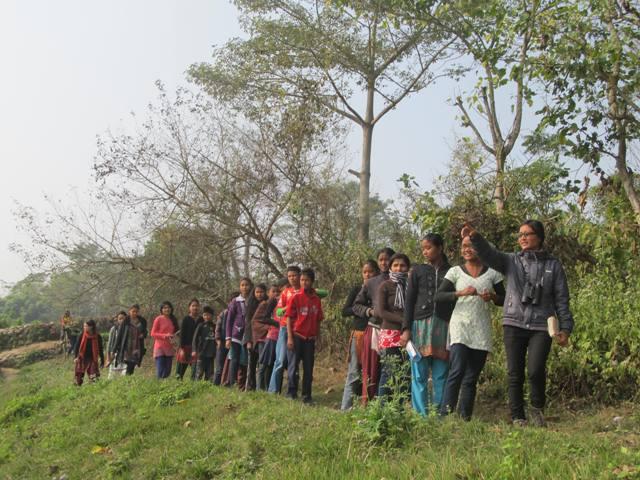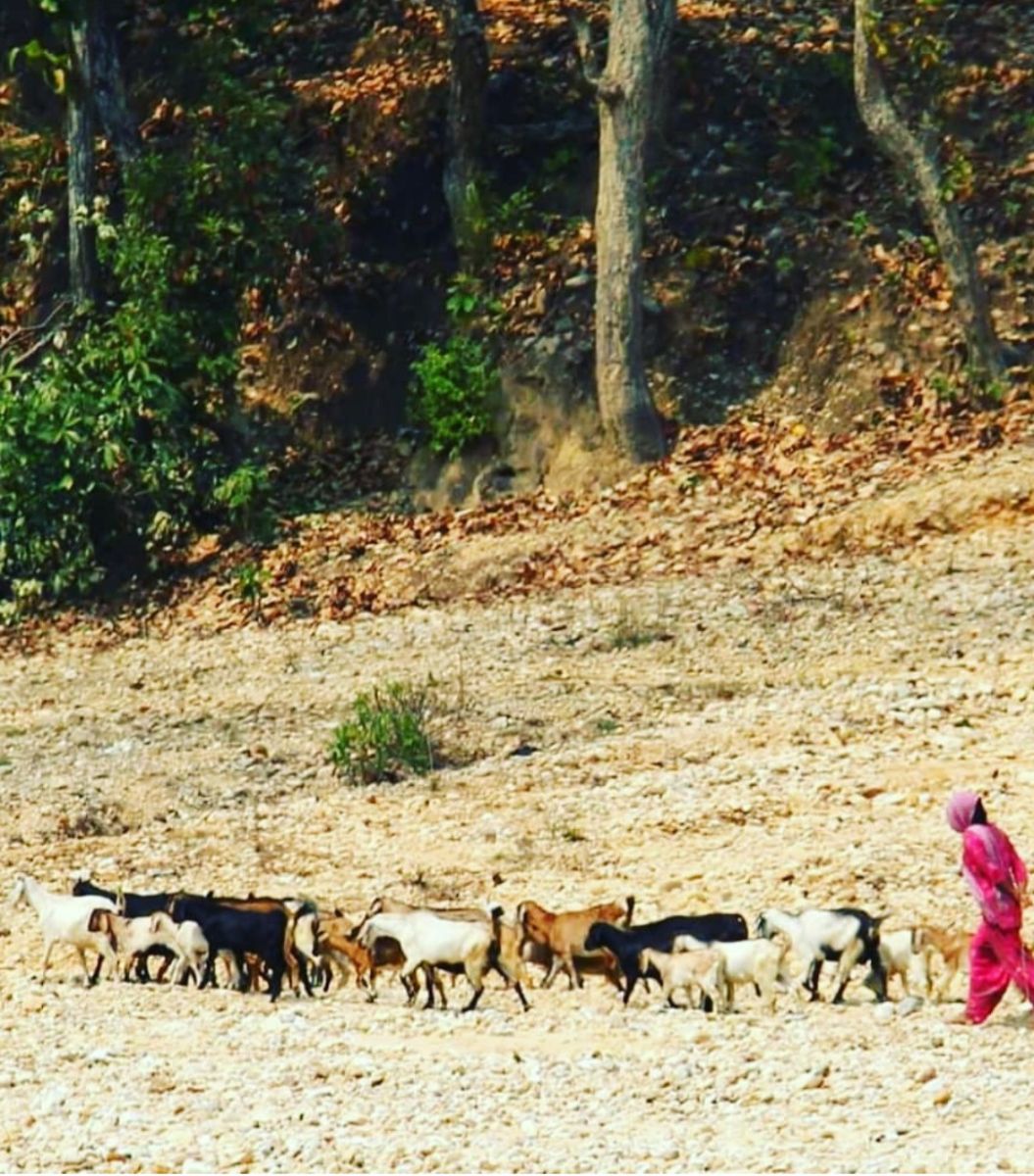

May 12, 2021

The haphazard use of natural resources is resulting in the degradation of the environment. Intense human activities like selective logging, land clearing for agricultural use, and random livestock grazing have severely impacted our forest ecosystem. The livelihood of around 1.6 billion people is directly dependent on forests for firewood, timber, grass, medicinal herbs, and other agricultural and domestic use. Nepal successfully increased its forest coverage to 44% in 2015 with the concept of community forest however the rate of unsustainable use of available forest resources has also increased.
The community forests of Nepal have faced a fast pace of degradation along with maximum areas of unused land. The improper and high use of fodders, plants, and random livestock grazing has resulted in such a situation. The impact of climate change is also putting pressure on the forest and the livelihood of local people. To save the forests from the looming danger of destruction and overuse and to support livelihood, WCN has carried out an eco-restoration program in different community forests of Nepal by planting high-value timber and fodder species. WCN has planted more than 50 thousand fodder plants to control random grazing as the livelihood of the local people is directly linked to their livestock and forest resources. The purpose of the fodder trees will support livestock management and better milk production. Along with this, invasive species like Mikania micrantha, Eupatorium sp., and other weeds that can be found in abundance inside the community forests are causing a huge hindrance in the growth of new saplings and food availability for livestock. This has threatened the ecological balance in many forests around the country. WCN provides training to women groups of community forests to utilize the invasive plants as a resource for bio briquette. The Biogas installation has also helped manage livestock waste into energy generation. This has helped in minimizing conflict situations while meeting their energy demand, creating green jobs, and at the same time minimizing the effect of alien species in the natural forest.
House No. 135, Nayabasti Marg, Baluwatar, Kathmandu-4
Tel: +977 1 437 5460, +977 1 437 5267
Email: mail@wcn.org.np
© Wildlife Conservation Nepal . Developed by Eleven Pixels.